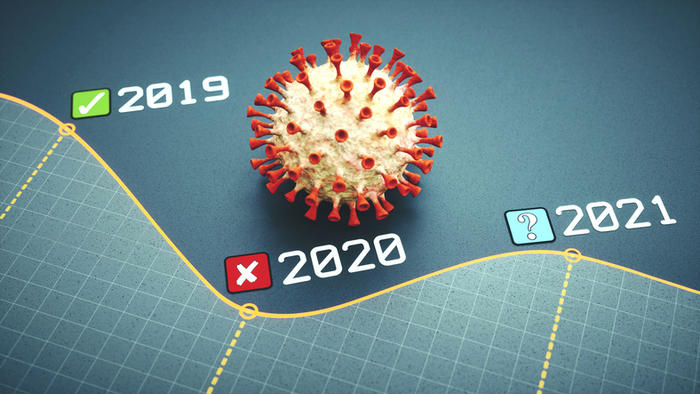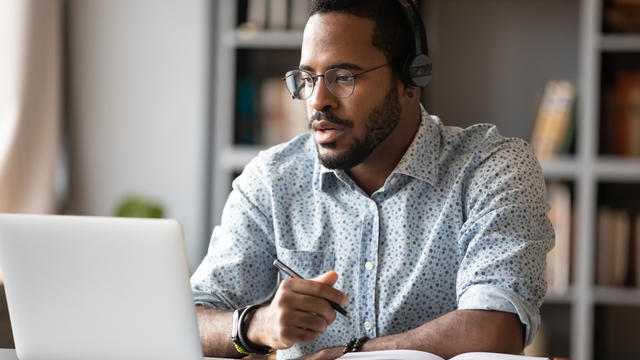Today, I put down my law school deposit and danced quietly in my desk chair.
I could say that for the first time this year, I felt a semblance of control over my future. However, that snapshot of my application cycle would be misleading.
It’s been said that lawyers are a pessimistic bunch. This is precisely the attitude I embraced going into the 2021 application cycle. And honestly, I had every reason to. After all, the case for optimism is pretty unsettling.
With LSAC reports calling the rise in applications as high as 32%, and schools conservatively protecting their yields—this unprecedented year gave rise to additional doubts and anxiety-induced hopefuls. Competition was up, and like all things this past year, so was uncertainty.
As it stands, I have been admitted to less than half the schools I applied to. I remain on two waitlists, and wonder if I should’ve waited another year. My resume isn’t Harvard Law material by any means, but I am well-rounded, with good grades, military experience and an LSAT that allows me to apply to most schools.
But given the nature of the times, I tried to find a competitive advantage. I turned to the depths of the internet and found solace in other fretful candidates on Reddit sub-threads and watched an unhealthy amount of law school YouTubers.
Here’s what I’ve learned:
With application numbers up, LSAC began to see more people applying to a greater number of schools overall. One school, that I believed was a target school for me, actually emailed me asking me to reaffirm my interest before they even looked at my application. Their pool was that big.
Don’t get me wrong. It’s amazing that so many of us are applying to law school. LSAC CEO, Kelly Testy, predicts that there will be a 10% rise overall by the end application season.
I know what you’re thinking. More people are applying because they don’t know their next move and grad school seems like a logical investment. Economists would say this rise is consistent with recessions and economic downturns. Politicians might say, this is an RBG moment and political “chaos” comes with a desire to take action.
LSAC would probably add that the LSAT-Flex has a component of flexibility that allowed students the ability to test more and apply earlier. Moreover, LSAC has implemented outreach programs geared toward engaging minority communities. LSAC actually reported that applications are up in every population, including untraditional, older students and underrepresented minorities.
Despite these reasonable explanations, part of me is still captivated by that fact that so many passionate people have chosen to pursue the law. Whether it is your life-long dream to clerk for a judge, you’re going back to school to better understand your business, or you want to dive into our judicial system, I think it’s great.
Unfortunately, this cycle’s numbers mean I might not be doing that at my dream school. Perhaps, that’s just the price I have to pay for a more engaged generation.
After reflecting over this year, I realized applying to law school helped me cope with COVID-19. Often, I found myself evaluating this time from a law school vacuum, channeling all my pent-up energy and frustration with our crumbling democracy, racial injustices, and all that and the other toward this conceivable goal.
If I can just get in, I can start propelling forward. I can learn about the issues I care about. Wrestle with the complicated problems plaguing our nation, and just maybe find myself in a position where I can help others in tangible, meaningful ways, take control of their lives. Idealistic, I know. Please check back in with me in a few years to remind me that I still don’t want to go into Big Law.
Even though this entire year felt like that song “Waiting for my Real Life to Begin”, reminding myself of my initial goal has been immensely helpful.
What else? It’s just around the corner.
Note: This is one perspective, and I feel fortunate and honored to have the chance to attend law school next fall. Additionally, this perspective, like I mentioned, is from a law school application vacuum.








